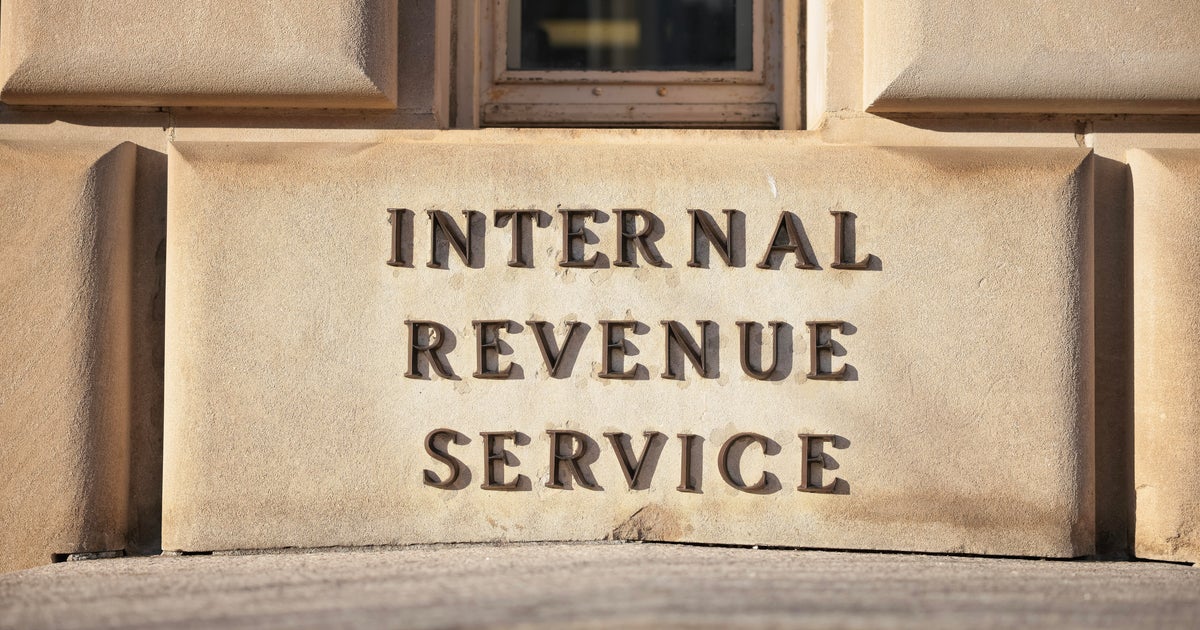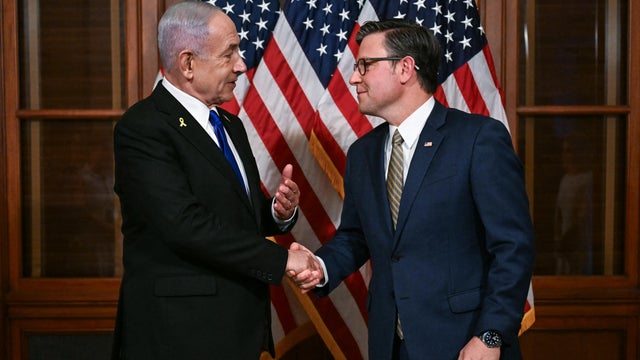

The IRS has recently clarified its position on churches and the endorsement of political candidates from the pulpit, stating that such actions shouldn't automatically result in the loss of tax-exempt status. This follows years of debate and varying interpretations of the Johnson Amendment, a provision of the Internal Revenue Code that prohibits tax-exempt organizations, including churches, from engaging in substantial political campaign activity. While the IRS maintains that endorsing candidates is a form of prohibited political activity, their recent pronouncements emphasize a more nuanced approach. Instead of an automatic revocation of tax-exempt status for a single instance of endorsement, the IRS appears to be focusing on the overall activities of the church. Factors such as the frequency of endorsements, the extent of involvement in the campaign, and whether the endorsement constitutes "substantial" political activity will be considered on a case-by-case basis. This shift in approach signals a greater emphasis on proportionality and context. The IRS acknowledges that a single, isolated instance of a pastor expressing a personal opinion might not constitute substantial intervention in a political campaign, especially if it doesn't involve direct campaigning or mobilizing the congregation for a specific candidate. However, repeated endorsements, overt campaigning from the pulpit, or the use of church resources for political purposes would still likely trigger scrutiny and potential penalties. This clarification, while welcomed by many religious organizations, is not without its critics. Some argue that it still leaves room for subjective interpretation and potential inconsistencies in enforcement. Others maintain that the Johnson Amendment itself is an infringement on religious freedom, arguing that pastors should be free to express their political views without fear of reprisal. The IRS's stated position aims to strike a balance between upholding the Johnson Amendment's intent to prevent undue political influence by tax-exempt organizations and respecting the First Amendment rights of religious organizations. The long-term impact of this clarification and how it will be applied in practice remains to be seen, as it will depend heavily on individual cases and future IRS guidance. The ongoing debate highlights the complex intersection of religious freedom, tax law, and the role of religious institutions in the political landscape.

Washington — The IRS says pastors who endorse political candidates from the pulpit shouldn't have to risk their churches losing their tax-exempt status.
The move effectively calls for a carve-out for religious organizations from the rarely used IRS rule called the Johnson Amendment, put in place in 1954 and named after then-Sen. Lyndon Johnson.
In a joint court filing intended to end an ongoing case against the IRS, the tax collection agency and the National Religious Broadcasters Association — a Evangelical media consortium — and other plaintiffs have asked a federal court in Texas to stop the government from enforcing the Johnson Amendment against the plaintiffs.
The Johnson Amendment to the U.S. tax code prohibits tax-exempt organizations, including churches, from endorsing or opposing political candidates.
The Christian media group and others sued the IRS last August, saying the amendment violates their First Amendment rights to the freedom of speech and free exercise of religion, among other legal protections. On Monday, the IRS and plaintiffs wrote that the Johnson Amendment should be interpreted "so that it does not reach communications from a house of worship to its congregation in connection with religious services through its usual channels of communication on matters of faith."
news of the court filing.
The Times noted that experts in nonprofit law said the IRS stand could lead to a big increase of politics being espoused in churches, even though the filing put in writing what already was pretty much an unspoken IRS policy.
The IRS has generally not enforced the Johnson Amendment against houses of worship for speech related to electoral politics.
President Trump has said he wanted to get rid of the Johnson Amendment and signed an executive order in 2017 directing Treasury to disregard the rule.
"I will get rid of and totally destroy the Johnson Amendment and allow our representatives of faith to speak freely and without fear of retribution," Mr. Trump said at a National Prayer Breakfast in 2017, which is a high-profile event bringing together faith leaders, politicians and dignitaries.
Representatives from the IRS and the National Religious Broadcasters Association didn't respond to an Associated Press request for comment.
Earlier this year, Republican lawmakers introduced legislation to scrap the Johnson Amendment.





